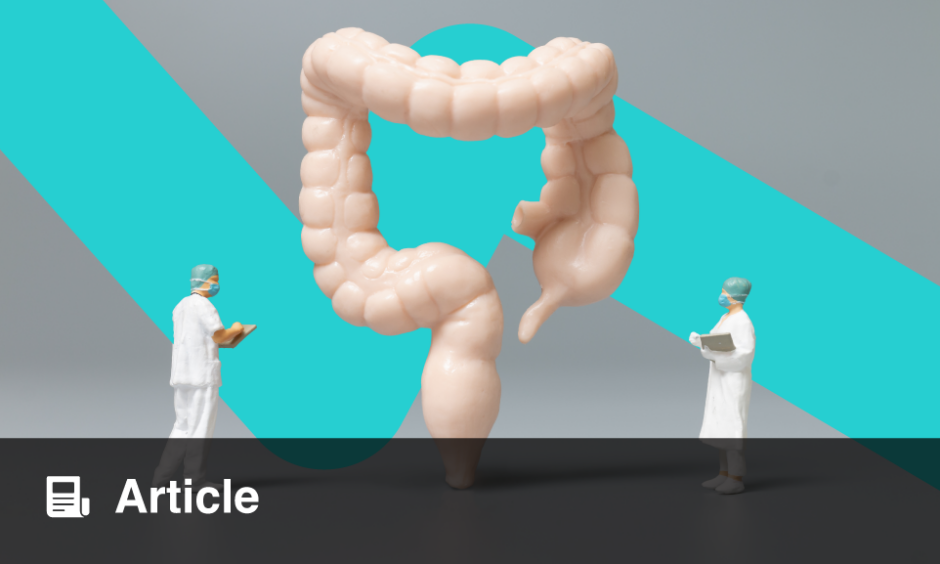DIETARY management of irritable bowel syndrome (IBS) is more successful than treatment with IBS medications, according to recent research. The study, conducted by researchers at the University of Gothenburg, Sweden, reported that approximately 70% of the study participants saw a significant improvement in IBS-related symptoms following a rigid dietary regimen.
The participants were divided into three groups according to the course of treatment. The first group (G1) followed a diet adhering to traditional guidelines for patients with IBS from the UK National Institute for Health and Care Excellence (NICE), which is characterised by the limitation of fermentable carbohydrates, including lactose, legumes, and grains. The second group (G2) was, likewise, prescribed a diet low in fermentable carbohydrates, but extended by specific high intake of proteins and fats. The third and final group (G3) was, conversely, issued medications specific to their most prominent, and most troublesome, IBS symptoms. It is unclear whether protein and fat intake was regulated within the G1 cohort to definitively discern between their outcomes and those of the G2 cohort.
Each group comprised approximately 100 subjects, each of whom had no other serious diseases or food allergies which may give rise to symptom overlap. The respective courses of treatment each lasted 4 weeks, and outcomes were measured according to the IBS Symptom Severity Scale (IBS-SSS).
The results indicated 76% of the G1 cohort, 71% of the G2 cohort, and 58% of the G3 cohort experienced a reduction of ≥50 in the IBS-SSS compared to baseline (p= 0.023). Whether any statistically significant, but less sizeable, improvements were observed in the remaining members of each group remains unclear. All groups reported improved quality of life and a reduction in negative physical and psychological symptoms, the latter relating specifically to anxiety and depression. Interestingly, after readopting some previous eating habits, a significant proportion of both the G1 and G2 cohorts still presented marked symptom relief (68% and 60%, respectively) at 6-month follow-up.
Overall, a larger effect size was observed amongst the groups treated dietetically, as compared to those prescribed pharmacologic treatments. Regarding the results of the study, Sanna Nybacka, corresponding author and researcher with the Department of Molecular and Clinical Medicine, University of Gothenburg, commented: “With this study, we can show that diet plays a central role in the treatment of IBS, but that there are several alternative treatments that are effective.”
Reference
Nybacka S et al. A low FODMAP diet plus traditional dietary advice versus a low-carbohydrate diet versus pharmacological treatment in irritable bowel syndrome (CARBIS): a single-centre, single-blind, randomised controlled trial. Lancet Gastroenterol Hepatol. 2024;DOI:10.1016/S2468-1253(24)00045-1.








